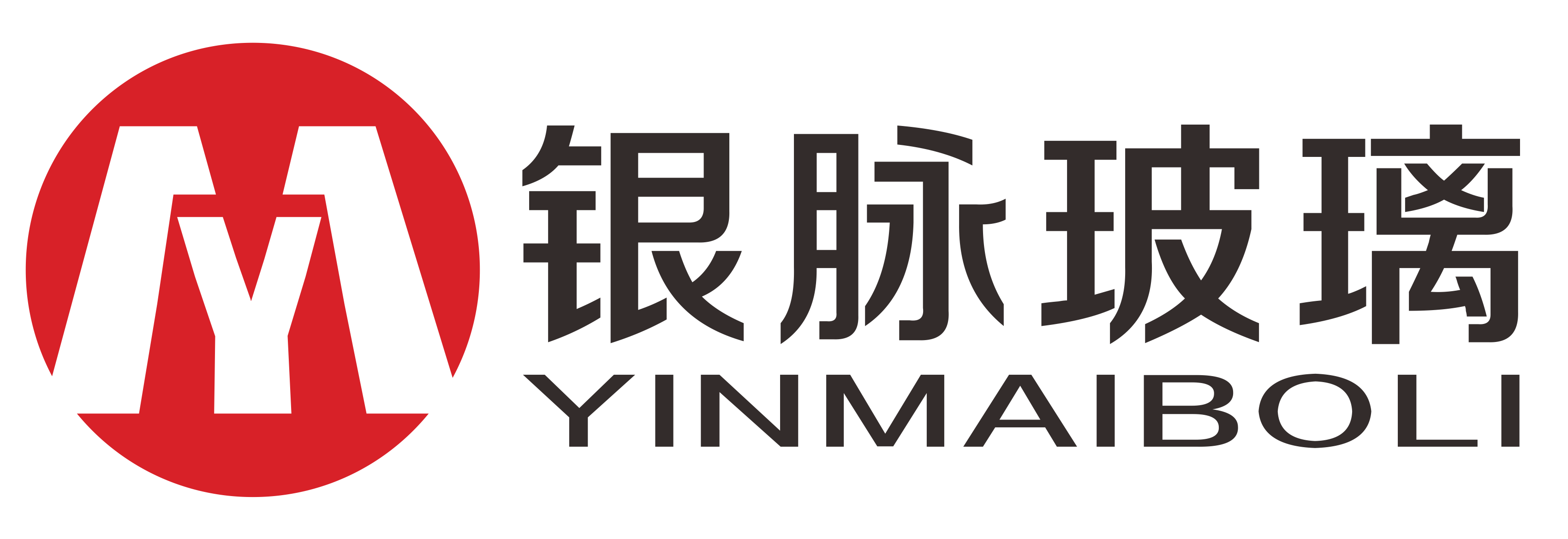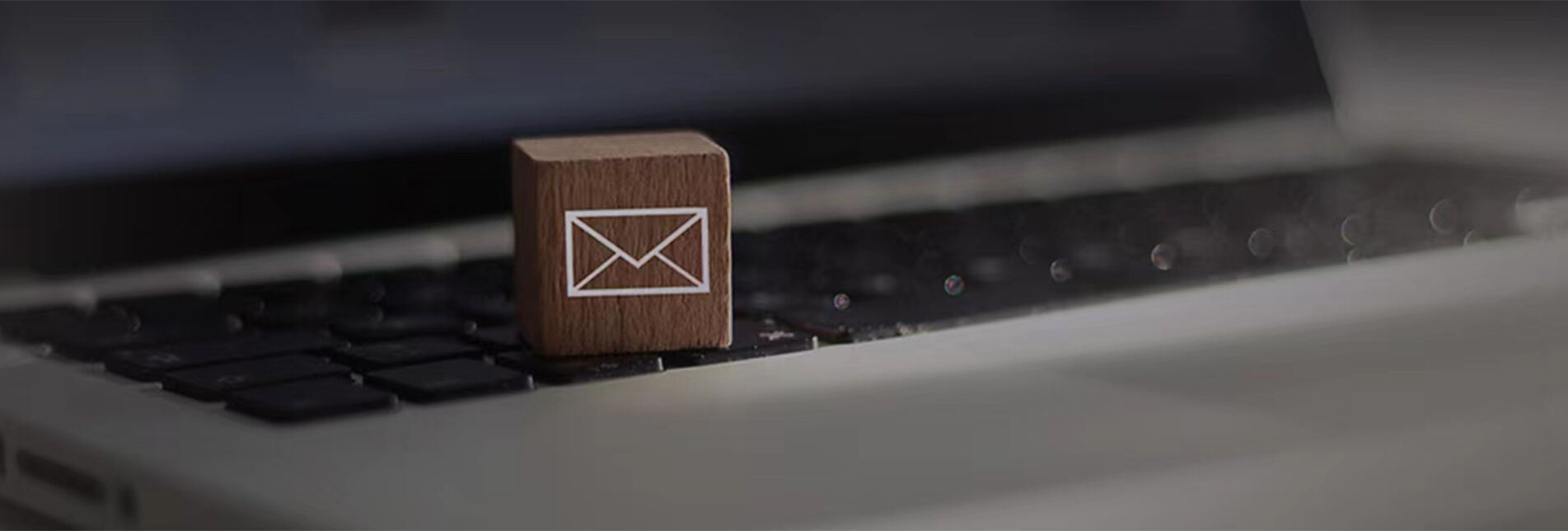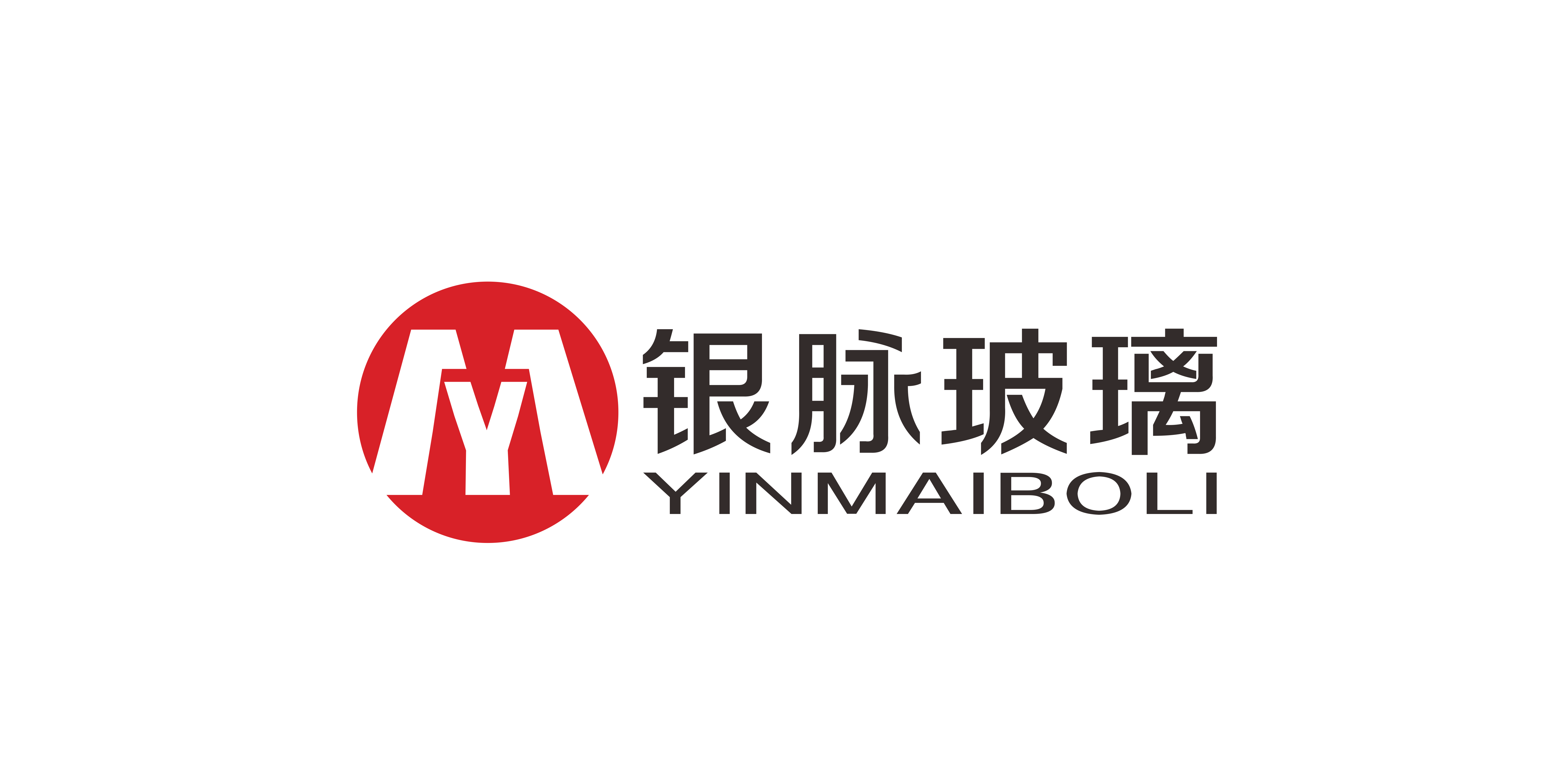Eco-Friendly Glass Essential Oil Containers: Wholesale Bulk Options for Sustainable Packaging
In an era where consumers and brands alike prioritize environmental responsibility, the choice of packaging speaks volumes. For essential oil producers, this means selecting containers that protect the purity of their product while aligning with a sustainable ethos. At Guangzhou Yinmai Glass Products Co., Ltd., with over two decades of expertise in cosmetic packaging, we champion glass as the premier choice for eco-conscious brands. Our wholesale bulk solutions for glass essential oil bottles are designed to merge uncompromising quality with environmental stewardship, offering a packaging system that supports both your product and your principles.
1. The Inherent Sustainability of Glass Packaging
Glass stands as a timeless, eco-friendly material. It is infinitely recyclable without loss of purity or quality, allowing bottles to be reborn repeatedly into new containers. Unlike some plastics, glass is non-toxic and inert, ensuring no harmful chemicals leach into sensitive essential oils, preserving their therapeutic integrity. Furthermore, glass production from our state-of-the-art facility prioritizes efficiency, minimizing waste across our 11,800 square-meter plant. By choosing our glass containers, you invest in a life cycle that supports a circular economy, reducing environmental footprint from production to post-consumer use.
2. Product Integrity and Premium Presentation
Beyond its green credentials, glass is the unmatched guardian of product quality. Essential oils are highly volatile and can degrade when exposed to light, air, or reactive materials. Our glass bottles, particularly in amber or cobalt blue, provide superior UV protection, shielding the oils from photodegradation. The impermeable nature of glass ensures no interaction between the container and its contents, guaranteeing the oil's potency, aroma, and shelf life remain intact. This protective function, coupled with the elegant, premium feel of glass, enhances the perceived value of your brand, communicating purity, luxury, and care—from our factory to the end user.
3. Bulk Wholesale Advantages for Growing Brands
For brands committed to sustainable scaling, our wholesale bulk model offers critical advantages. With over 50 million products in stock, including a vast range of essential oil bottles, we provide reliable, immediate supply chain stability, eliminating production delays. Our combined daily production capacity of over 100,000 units across specialized factories ensures we can meet large-volume demands without compromising on our environmental or quality standards. This efficiency translates into excellent value, allowing you to access premium, sustainable packaging that supports your growth while maintaining healthy margins and a consistent brand image.
4. A Complete System: From Custom Design to Ethical Partnership
Choosing Yinmai means partnering for holistic success. We offer more than just containers; we provide a cutting-edge system tailored to sustainable businesses.
-
Customization & Speed: Leverage our free 3D rendering design services to create unique, branded bottles that reflect your ethos. We can deliver customized samples in as little as 24 hours, allowing for rapid prototyping and decision-making.
-
Comprehensive Support: Our experienced team provides high-quality marketing imagery and guidance, helping you tell your sustainable story effectively.
-
Ethical Foundation: Our operations are built on the motto of "innovation, integrity, altruism, and win-win for everyone." We strive to be a competitive, value-driven partner you can trust, ensuring that your commitment to sustainability is upheld at every stage of the packaging journey.
Embrace packaging that honors both the earth and your exquisite essential oils. By opting for our wholesale eco-friendly glass containers, you make a powerful statement—that quality, sustainability, and intelligent business growth can beautifully coexist.




